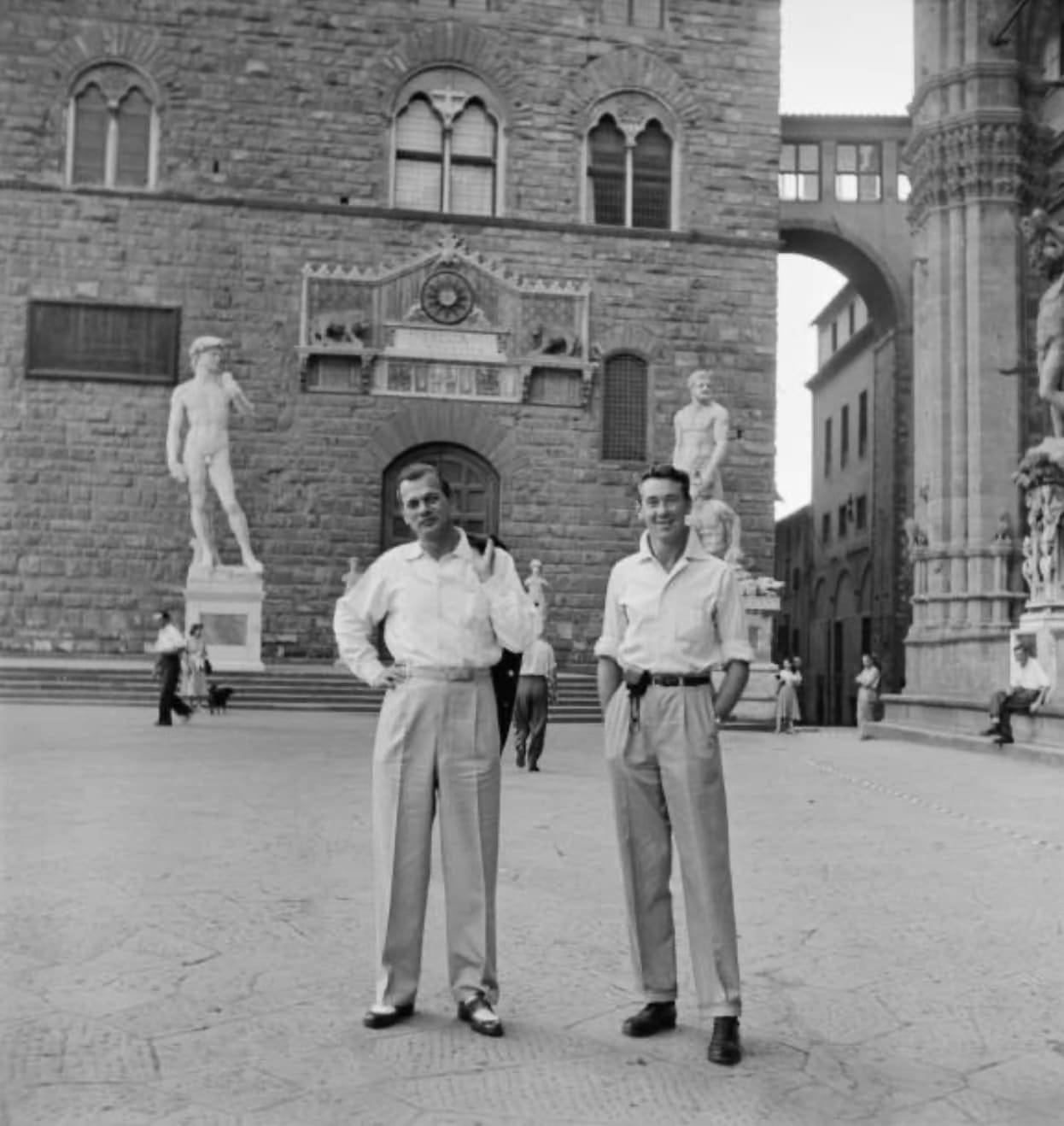Adorable Story #72: Joseph Cotten
“I didn’t care about the movies really. I was tall. I could talk. It was easy to do.”
— Joseph Cotten

Joseph Cheshire Cotten Jr., born on May 15, 1905, was an actor whose performances left an indelible mark on the world of cinema. Meeting Orson Welles proved pivotal in his journey from a modest upbringing to becoming a Hollywood icon: even long after his star faded, the two remained friends throughout their lives.
If you aren’t subscribed yet, hit the subscribe button below to receive the Adorable Stories every weekend, directly in your inbox:
Early Life and Career Beginnings
Joseph Cotten was born to Joseph Cheshire Cotten Sr., a successful cotton broker, and Sally Willson Cotten, a homemaker.
The Cotten family lived in Petersburg, Virginia, where Joseph Sr.’s work provided a stable and supportive environment for the family: His parents hoped that he would follow an uncle into the banking business, but at Petersburg High School his interests lay in sports and theater.
After graduating in 1923, he briefly attended the Hickman School of Speech and Expression in Washington, D.C.: Cotten then tried to lose his southern accent and supported himself by playing center on a semiprofessional football team.
In 1924 he made an unsuccessful attempt to break onto the Broadway stage but spent most of his time in New York working in a paint warehouse. Cotten then tried his luck in Miami, where with a friend he manufactured and sold potato salad, an unlicensed enterprise health inspectors closed down.
Cotten then sold advertising in the Miami Herald, for which he also occasionally wrote reviews. He appeared with the Miami Civic Theatre and at least once glowingly reviewed his own performance for the Herald.
Rise to Stardom
The early 1930s were transformative years for Cotten. His success in theater led to a fortuitous meeting with Orson Welles (extensively featured in the Adorable Story #11) , when they both became involved in the Federal Theatre Project. This initiative was part of the Works Progress Administration (WPA) and aimed to provide employment for artists after the Great Depression and give the American public a cheaper access to theater.
Keep reading with a 7-day free trial
Subscribe to Adorable Times’ Newsletter to keep reading this post and get 7 days of free access to the full post archives.





